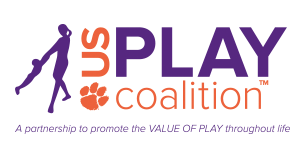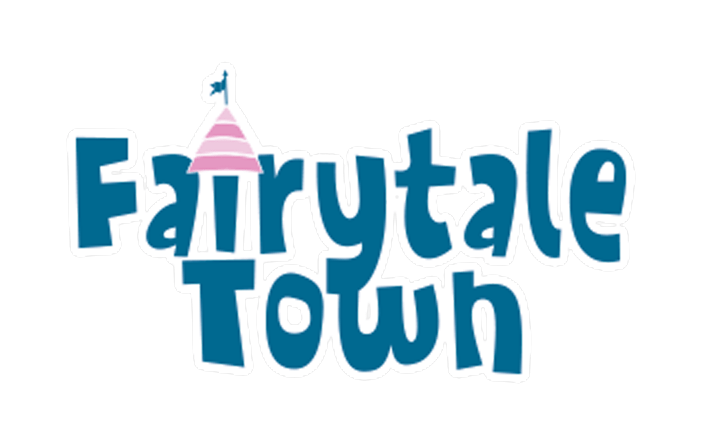 It was another whirlwind trip. It seemed like I just returned from the Play on the Move conference in New Jersey when I took off for the US Play Coalition’s Rebooting Play conference at Clemson University in South Carolina. It was interesting to attend two play conferences so close together. While both were outstanding and attracted academics and researchers, the US Play Coalition conference also drew health care professionals, naturalists, play workers, and parks and recreation specialists.
It was another whirlwind trip. It seemed like I just returned from the Play on the Move conference in New Jersey when I took off for the US Play Coalition’s Rebooting Play conference at Clemson University in South Carolina. It was interesting to attend two play conferences so close together. While both were outstanding and attracted academics and researchers, the US Play Coalition conference also drew health care professionals, naturalists, play workers, and parks and recreation specialists.
The conference kept us busy from 8am to 10pm. Each day I was able to meet and learn from a wide array of inspiring people and their programs: a zoo employee who developed a nature club for zoo members, a children’s museum worker who is introducing play work to her children’s theater staff members, a researcher who provided facts and figures for play advocacy efforts, a naturalist who began a new nature play initiative at his nonprofit, an architect who studied playgrounds and developed best practice standards and another who established an adventure playground, play workers who shared their insights on play forensics and play cycles, educators who developed free-play after-school programs and tinkering labs, and marketers who demonstrated the power of play in telling stories.
I also got to hear some inspiring Keynote Speakers. Peter Gray, a research professor of psychology at Boston College—and the Keynote Speaker at last year’s Sacramento Play Summit—spoke to us about the dramatic decrease in children’s play over the past few decades, and, perhaps not surprisingly, the increase of depression, anxiety and narcissism in children. I was thrilled to get a preview of one of the Keynote speakers for this year’s Play Summit, Lenore Skenazy. Skenazy is the author and founder of the book/blog/movement, Free Range Kids. She shared stories about the backlash she received for allowing her nine-year-old son to take a subway home alone—at his request. She shared her insights on why we’ve become so crazy about letting our children out of our sight and her Free Range Kids Bill of Rights, which simply states that children have the right for unsupervised time—and parents have the right to give it to them. Those who attend this year’s Play Summit are in for a treat—she is a very entertaining, thoughtful and dynamic speaker!
- Psychologist Peter Gray
- Author and Speaker Lenore Skenazy
Other Keynote addresses featured Rue Mapp, the founder of Outdoor Afro, a social community that reconnects African Americans to the great outdoors, Jean Margaret Smith of Nickelodeon whose World Wide Day of Play is September 17, and Justin Bogardus, who created the YouTube hit NatureRX. (Check it out—it’s hysterical.)
There were some common themes that were explored across all disciplines. The decrease in recess time for elementary school children—particularly those in high poverty areas, the increase in adult oversight for children’s activities, decreased time in natural settings, and the need to inform and educate decision and policy makers on how important play is for all mankind—especially children. There were also expressions of hope. There are lots of Adventure Playgrounds opening in the United States. Research bears out what we think is true—that children who have ample time to play do better in school and life in general. There seemed to be a general sense that the play movement was gaining momentum, and the variety of programs and initiatives that are being explored and implemented across the country reinforced this view.
As I reflect on the conference, I come back, literally and figuratively, to Fairytale Town. While we can’t meet all of the play needs in our community, the playful opportunities we provide children, their families, and our community are essential. The fact that we provide these opportunities for children of a wide age range, multiple generations, and schools and community centers as well as family units is a key strength of ours. The fact that we are part of a growing movement that encourages play will only make us stronger.









